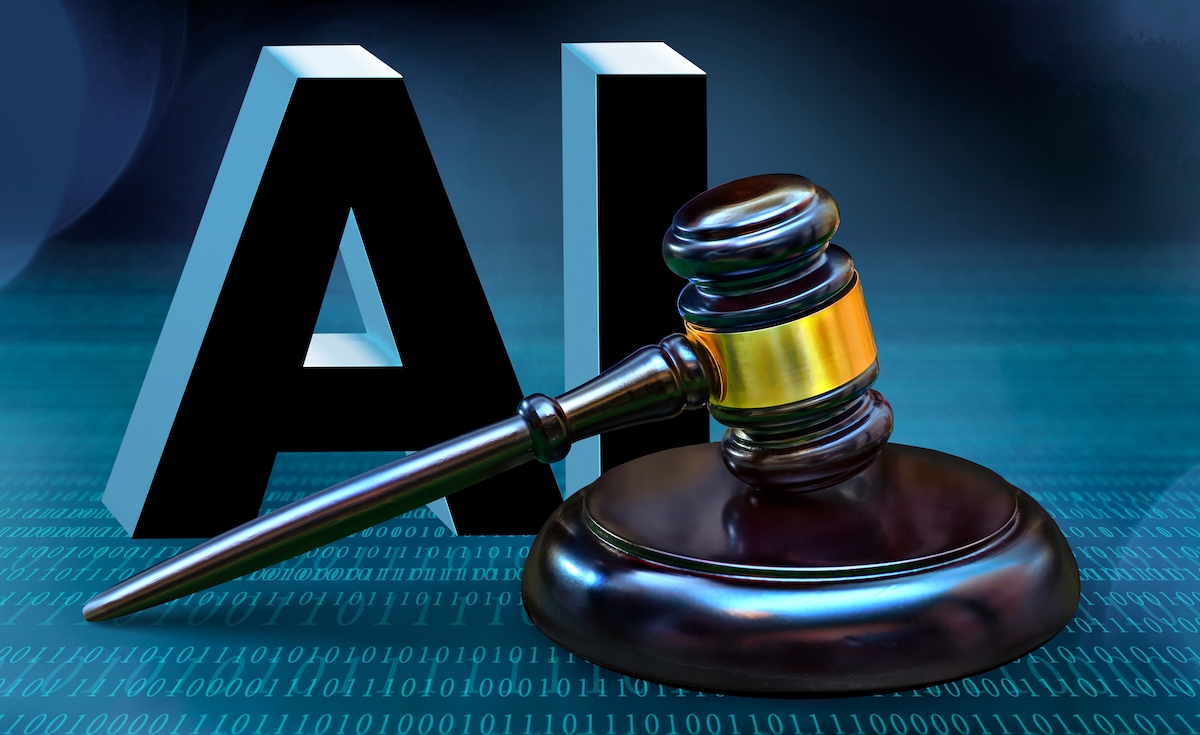California has become the largest state in the U.S. to formally implement guidelines for the use of generative artificial intelligence (AI) in its judicial system, setting a precedent for other jurisdictions amid the technology’s rapid expansion.
On Friday, the California Judicial Council, which governs the state’s court operations, approved a new rule requiring every court that permits the use of generative AI to establish official usage policies by September 1, according to Reuters. Courts have the option to adopt a model AI policy created earlier this year or tailor their own regulations to meet local needs.
The rule stems from the work of an AI task force launched in 2024 by California Chief Justice Patricia Guerrero. Per Reuters, the task force was charged with examining how AI tools might impact the judicial process and ensuring that courts use the technology responsibly.
“Striking the best balance between uniformity and flexibility” is central to the new regulation, said task force chair and appellate judge Brad Hill during the Council’s session on Friday.
Related: States Move to Regulate Brain Data Collected by Wearable Consumer Devices
Each court’s AI policy must address a broad range of concerns including confidentiality, privacy, bias, safety, and security associated with generative AI systems. According to the task force report cited by Reuters, policies must also enforce oversight principles such as supervision, transparency, accountability, and compliance.
Under the new rule, courts are prohibited from entering confidential case information into publicly available AI platforms, and must ensure that AI tools do not contribute to discriminatory practices. Judicial officers and staff will also be required to take “reasonable steps” to verify the accuracy of any content produced with AI and must disclose AI use if the final output made public is entirely generated by such systems.
Judge Hill emphasized the task force’s decision to avoid overly prescriptive mandates, citing the fast-changing nature of AI technology. Instead, the new policy offers courts the flexibility to adapt while still requiring key safeguards.
California’s judicial system, the largest in the country, handles roughly five million cases annually across 65 courts and employs approximately 1,800 judges.
California joins a growing list of states moving to regulate generative AI in the courts. According to Reuters, jurisdictions such as Illinois, Delaware, and Arizona have already adopted AI-related policies, while New York, Georgia, and Connecticut are still in the process of evaluating their approaches.
Source: Reuters

